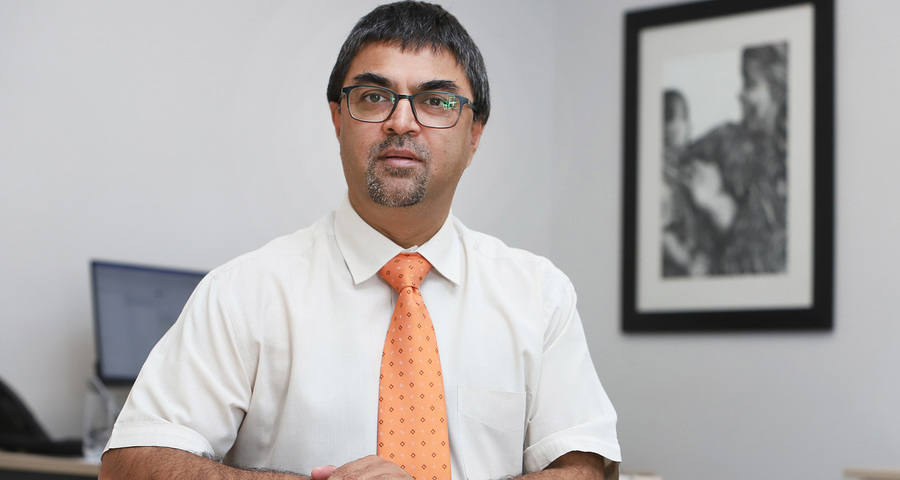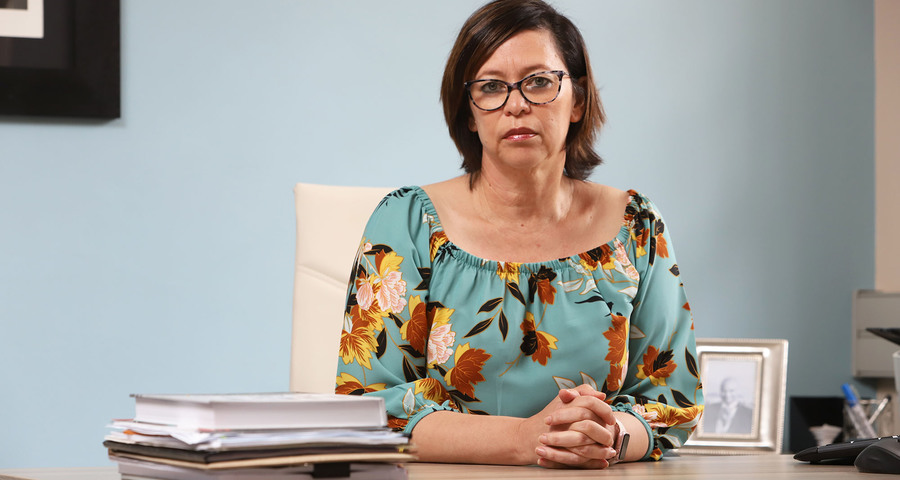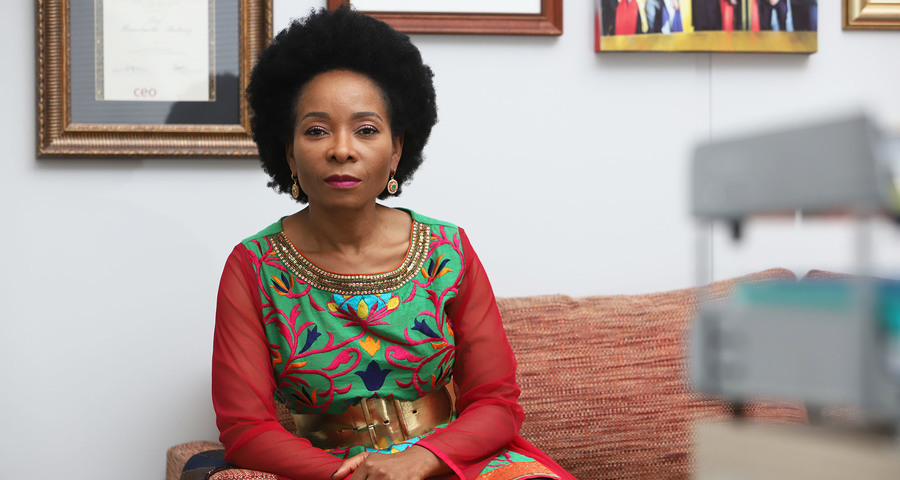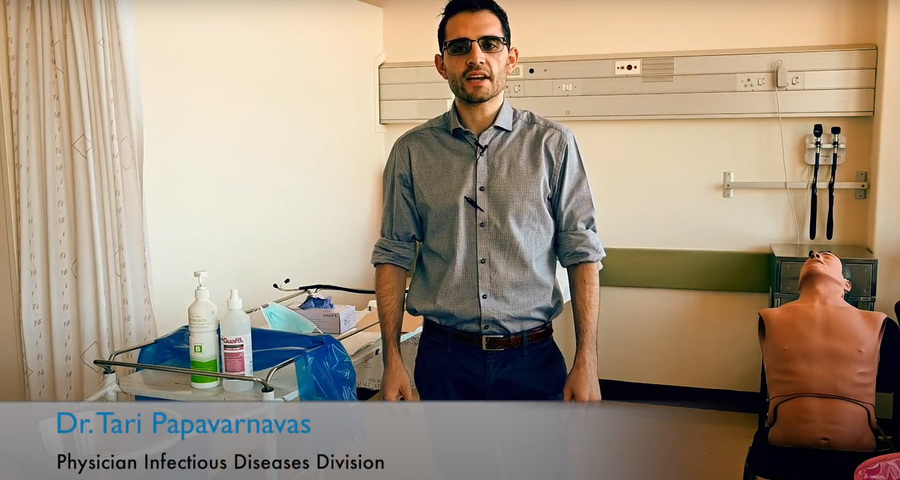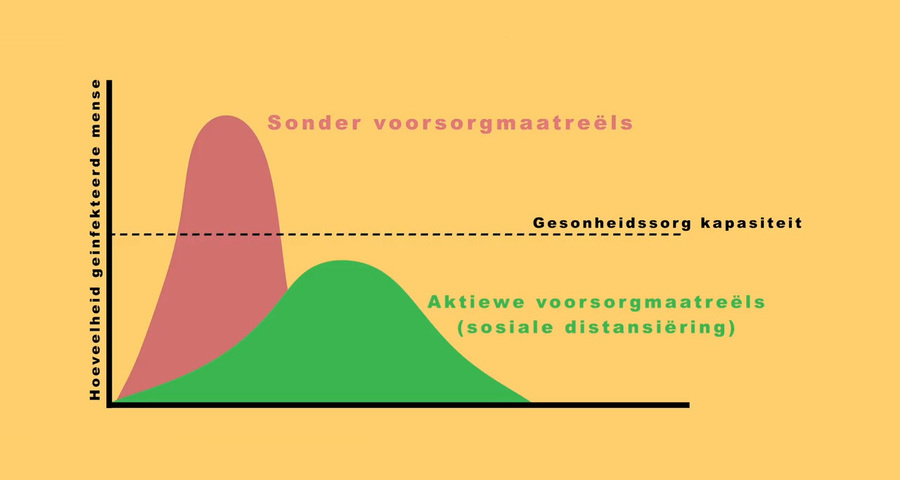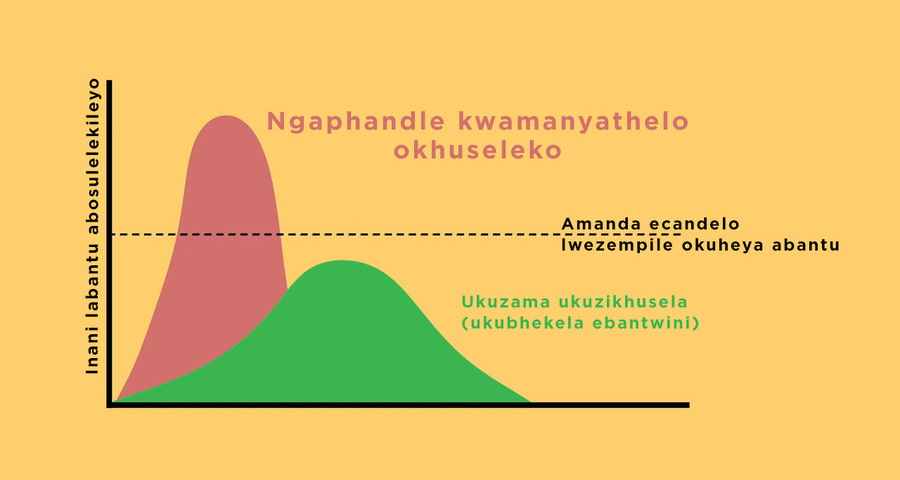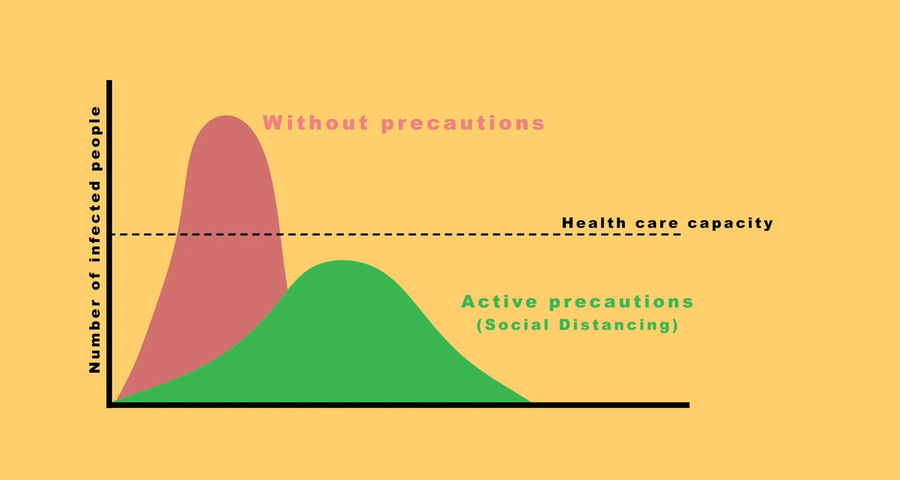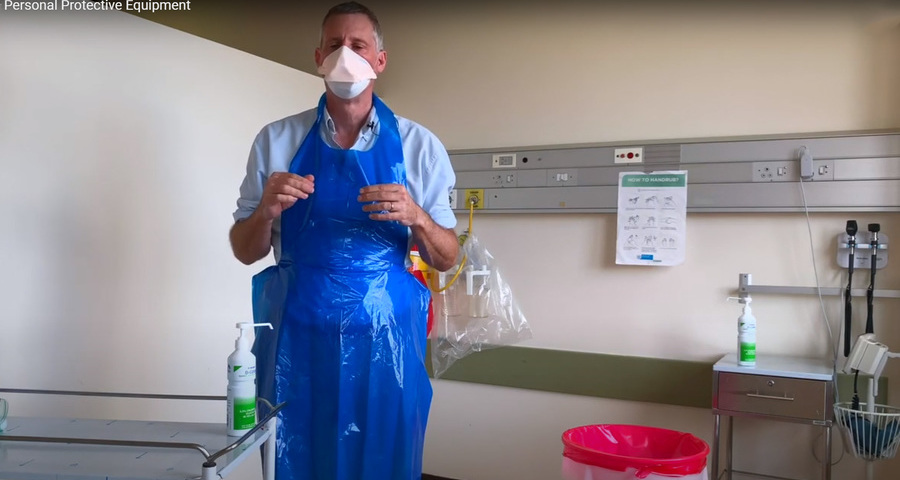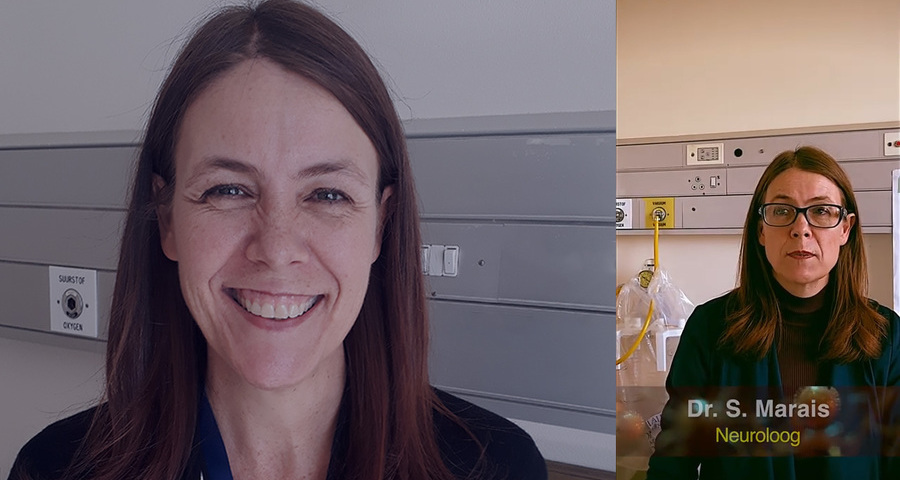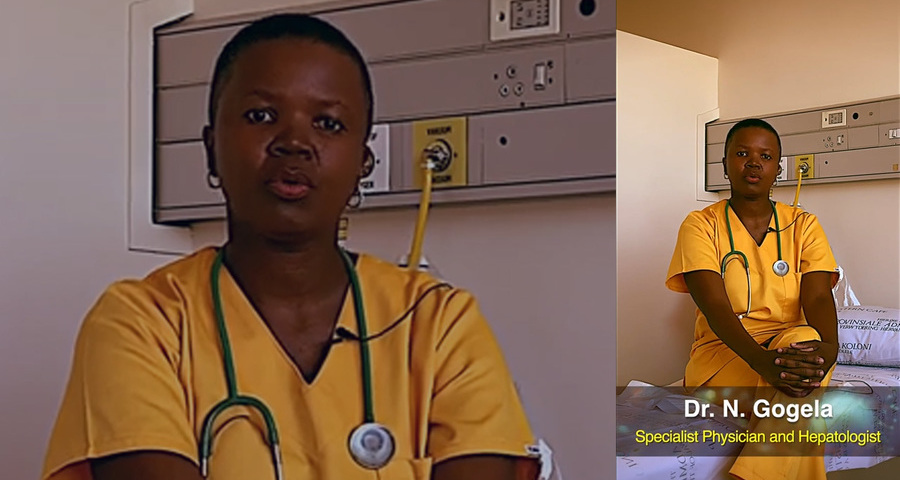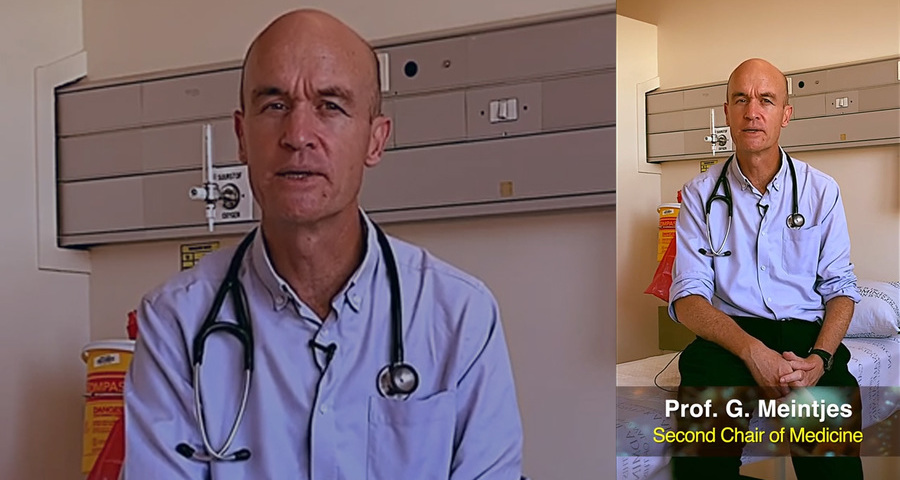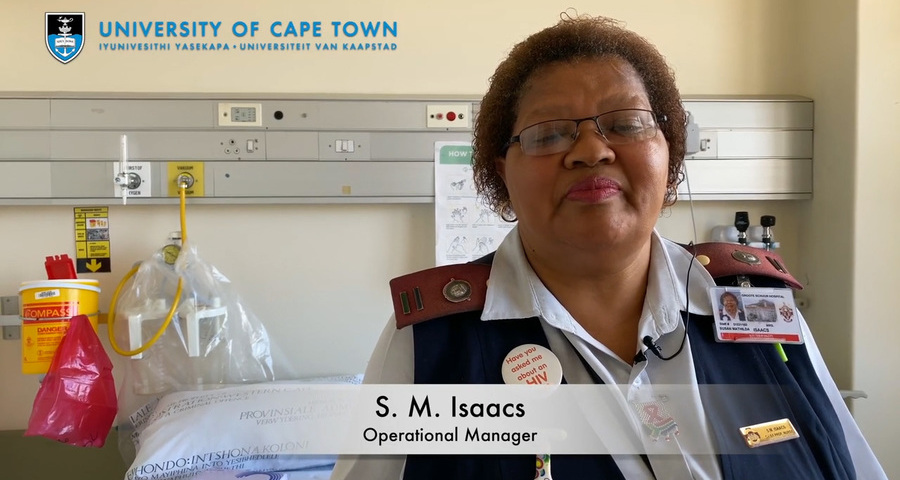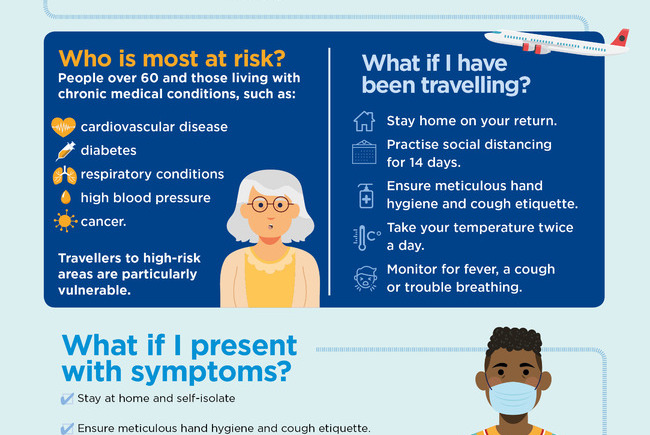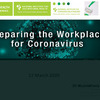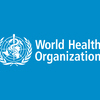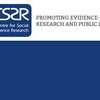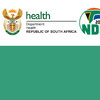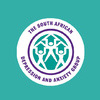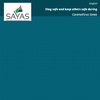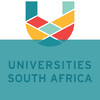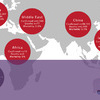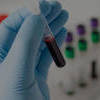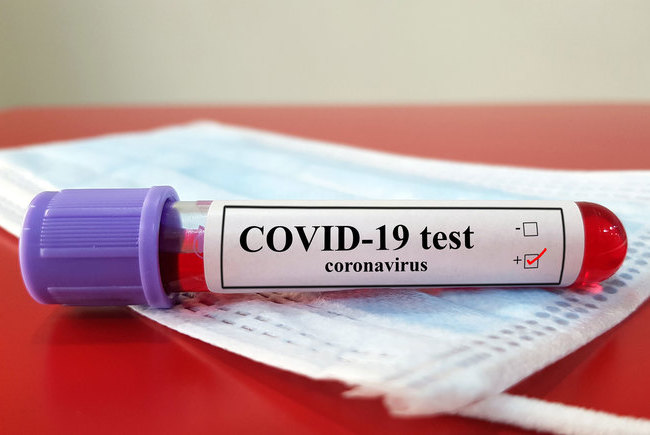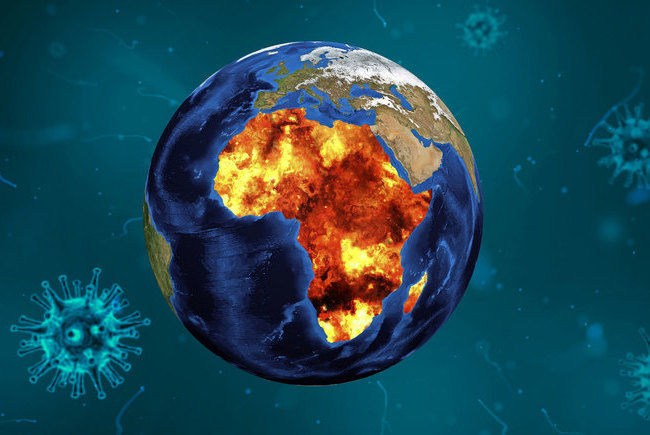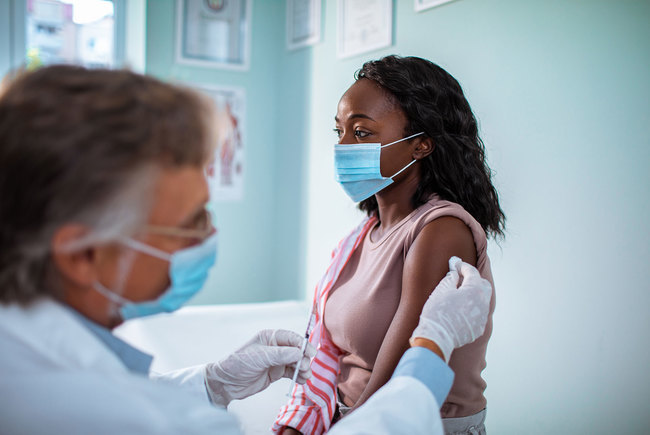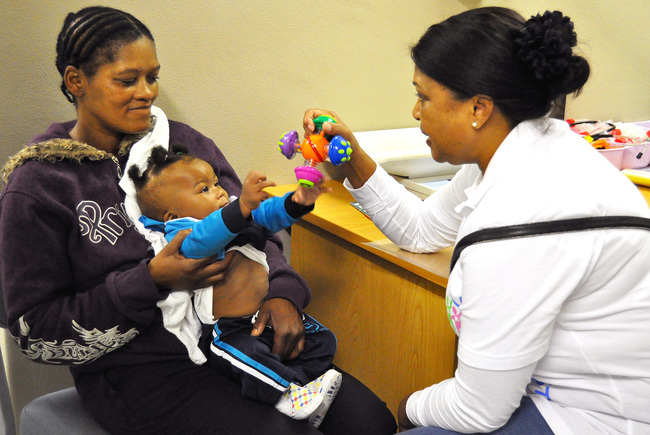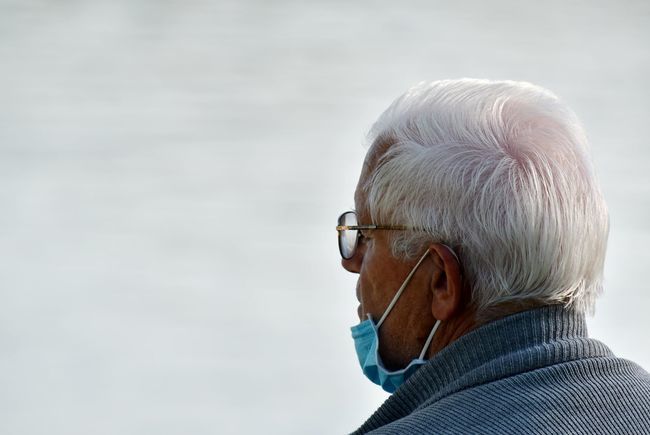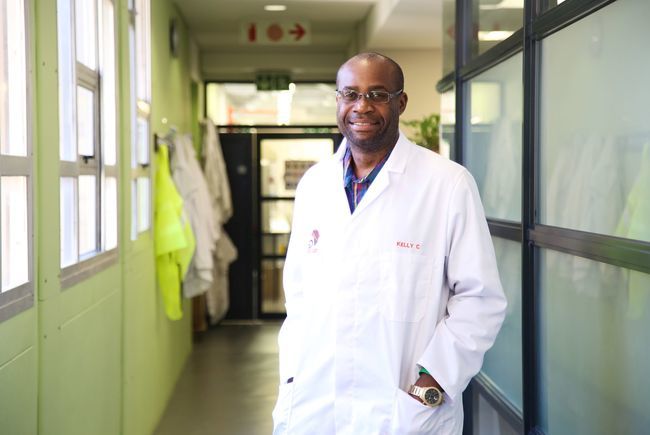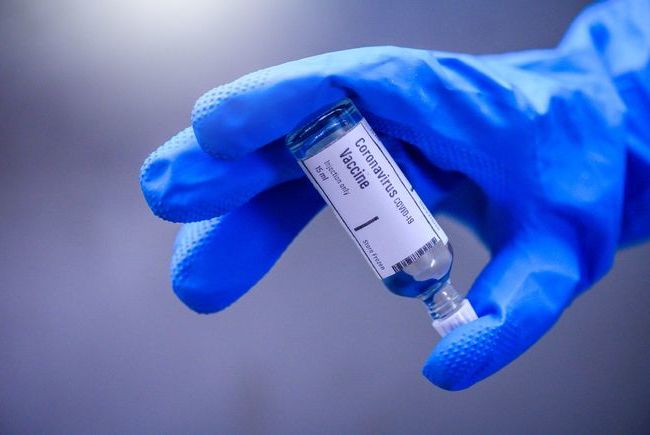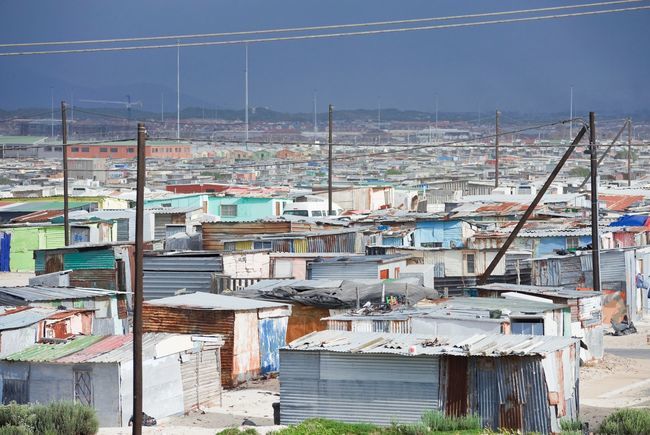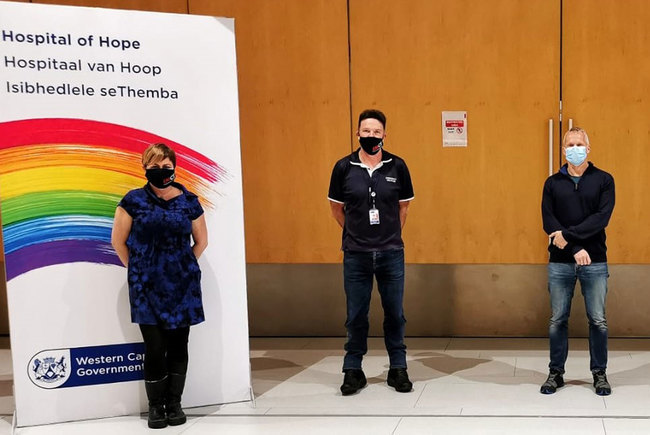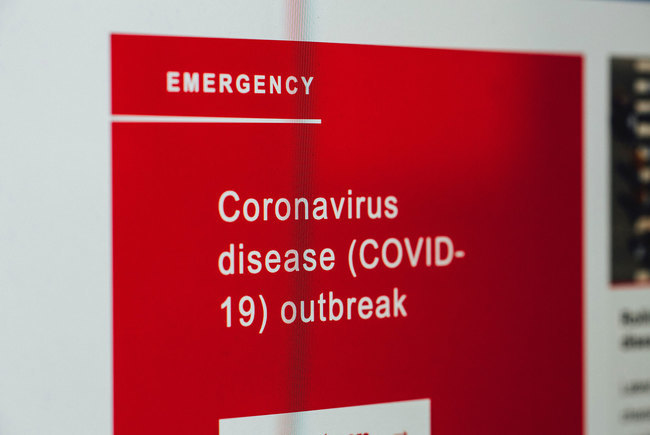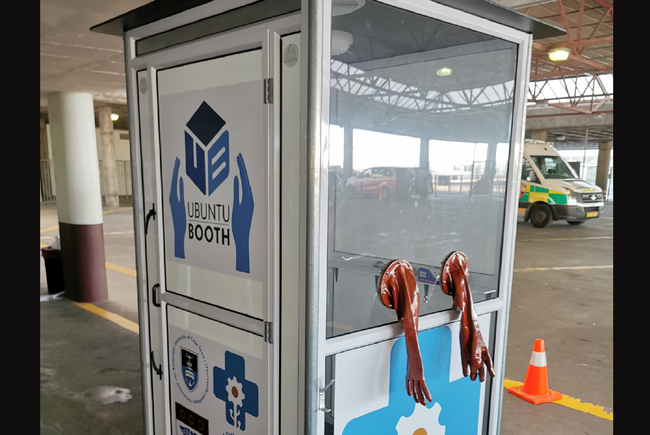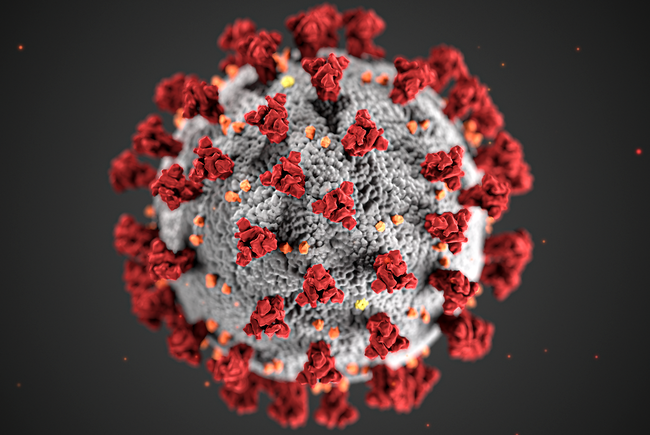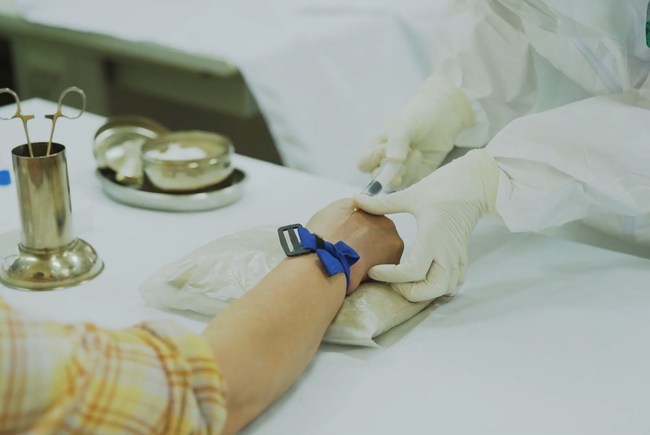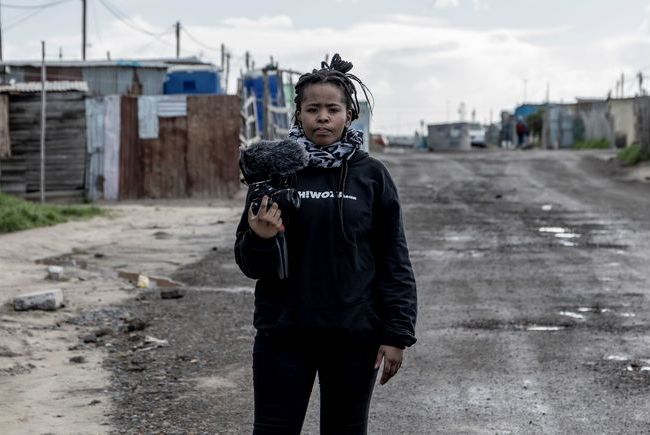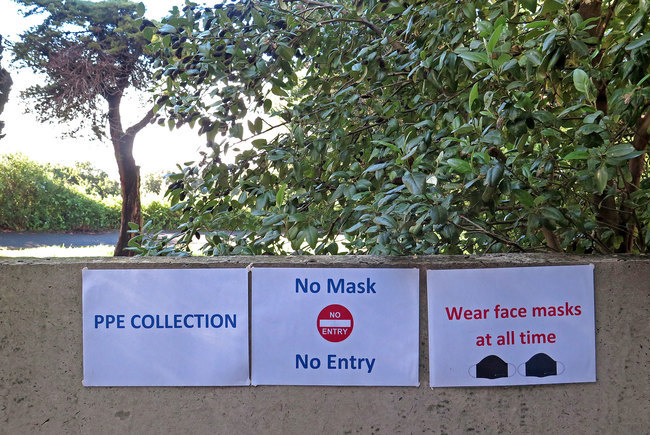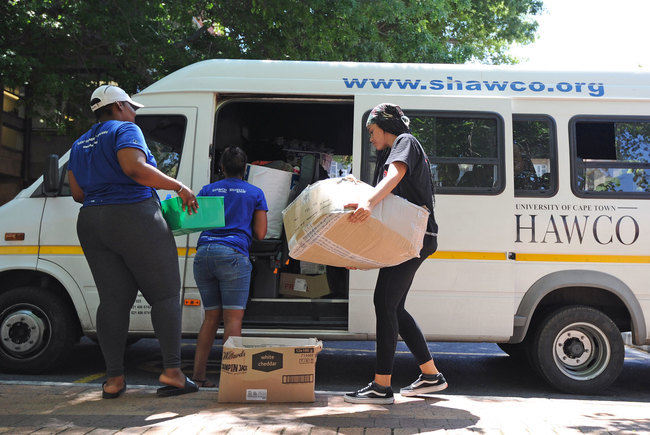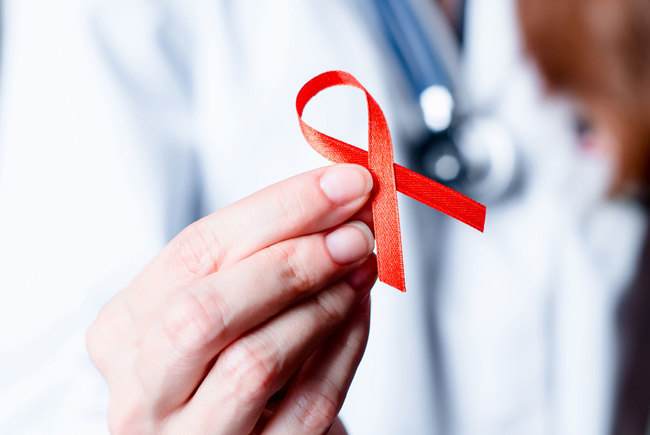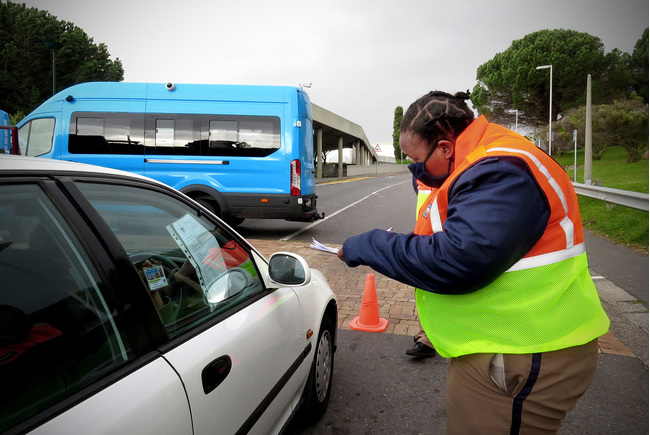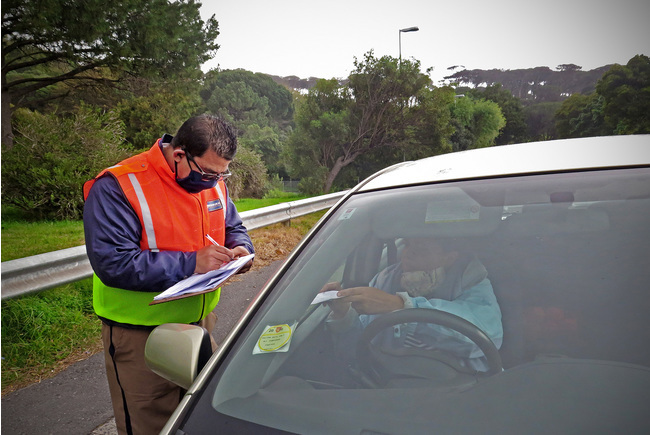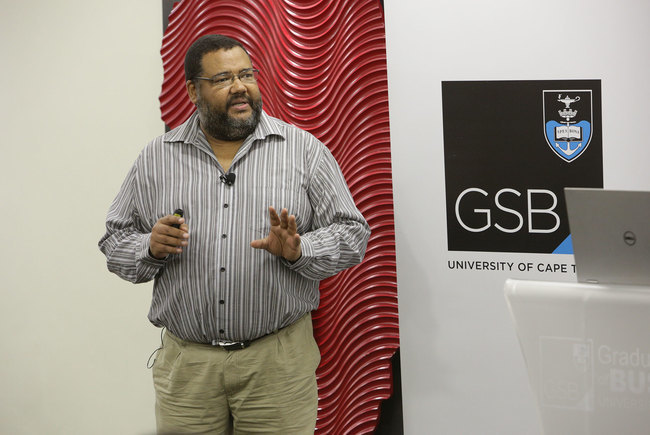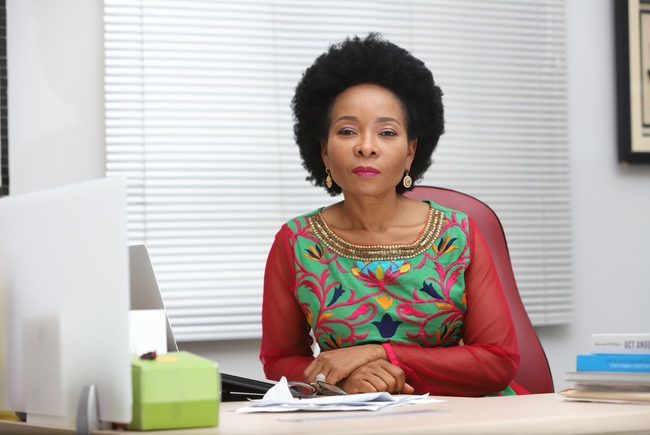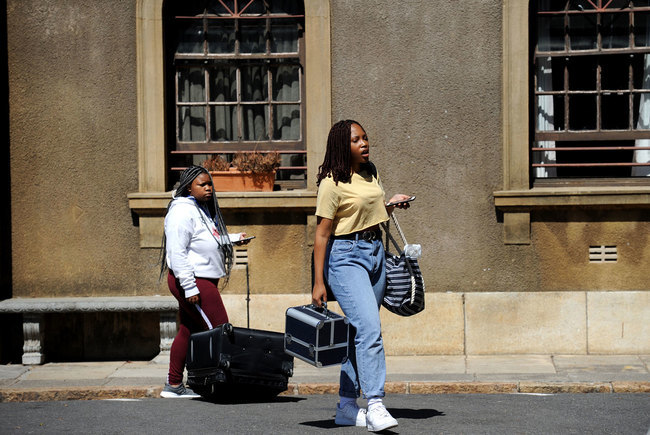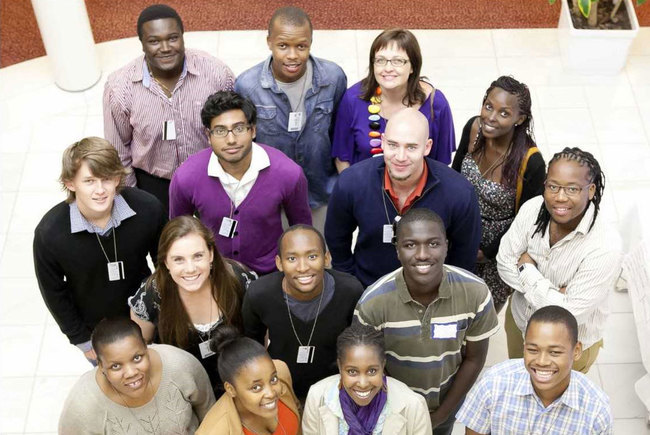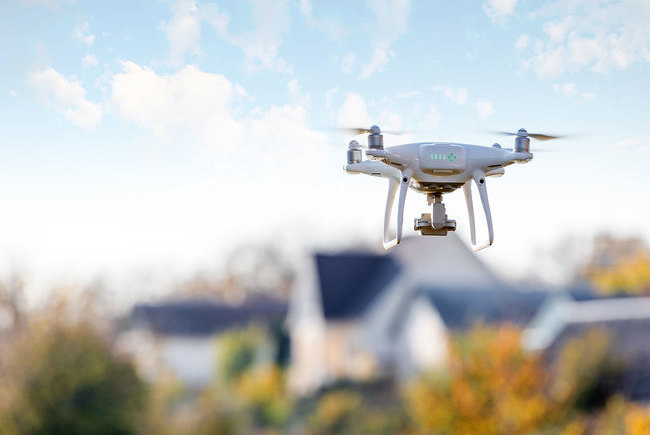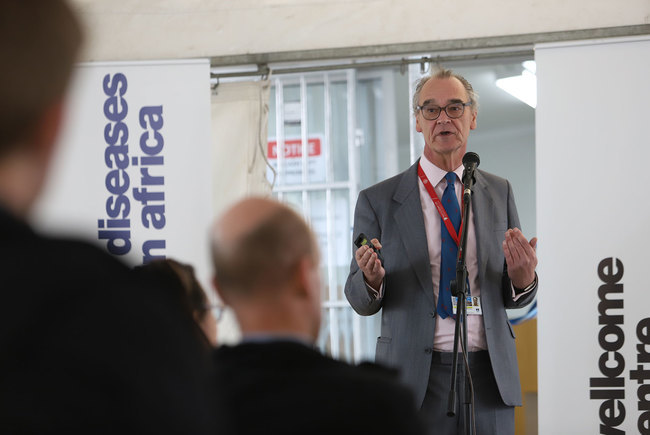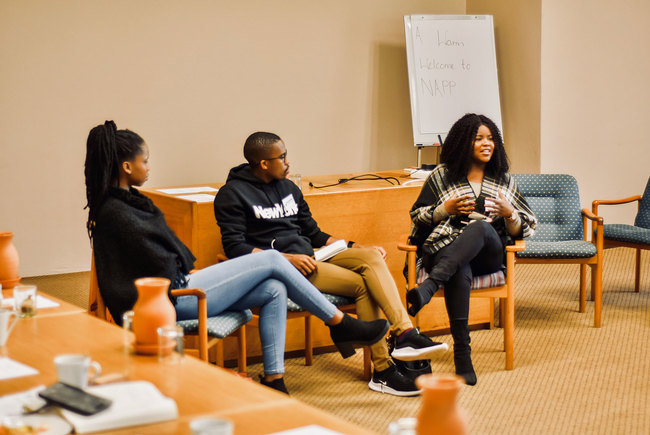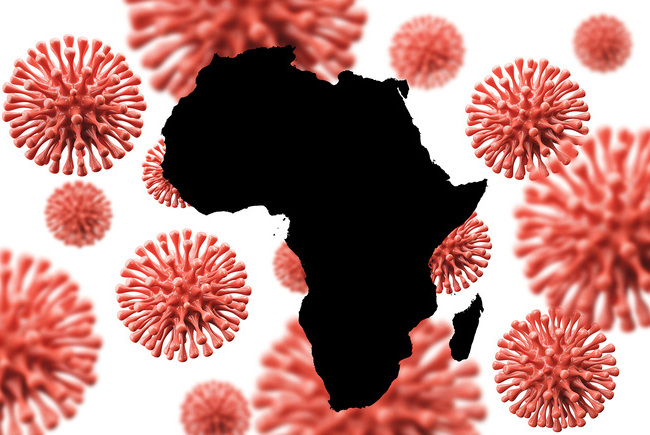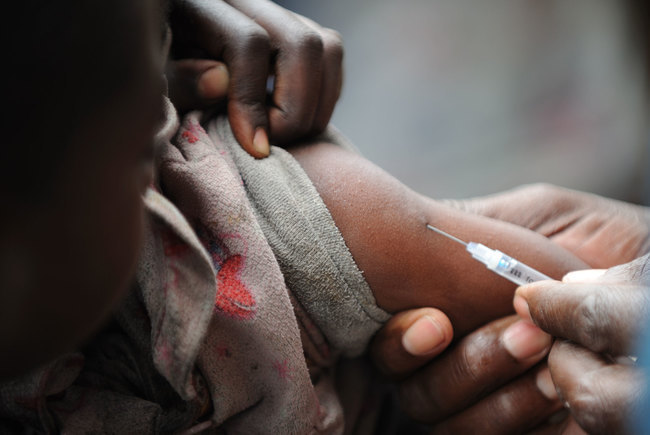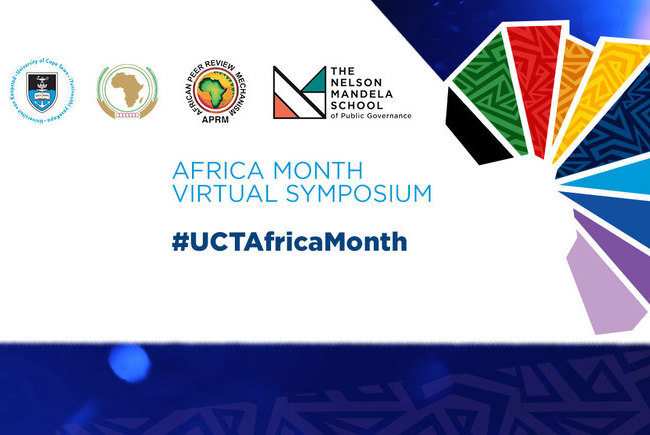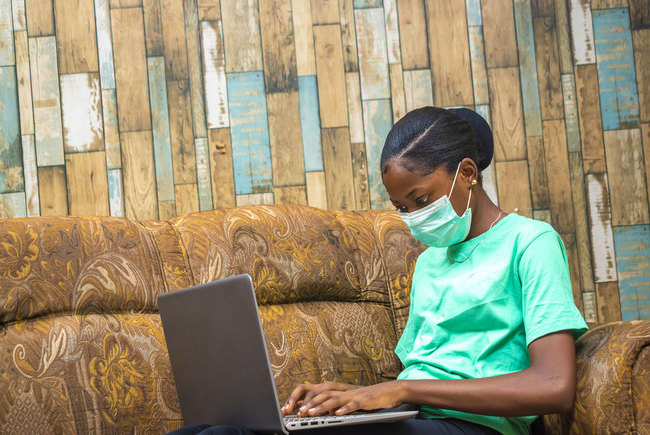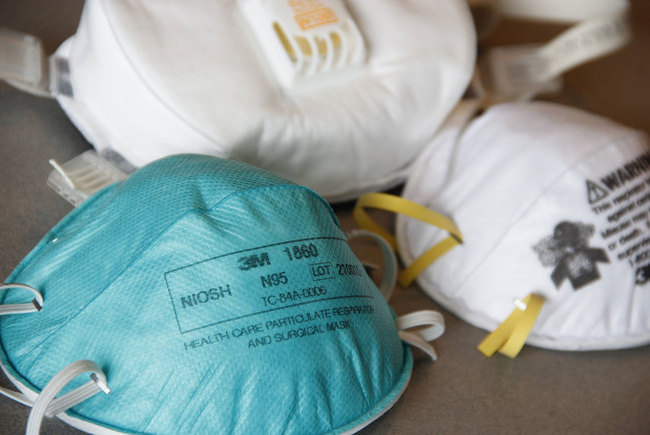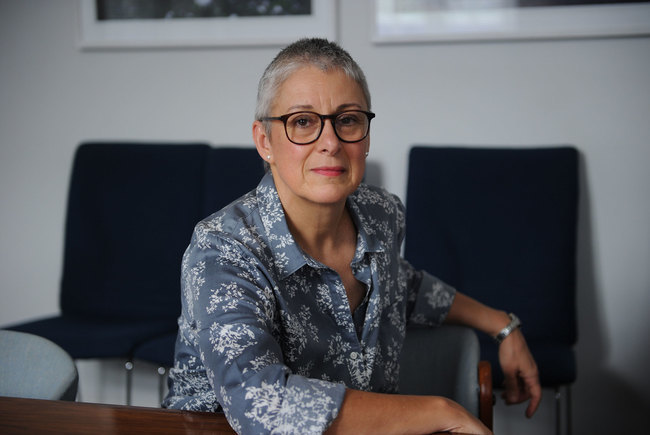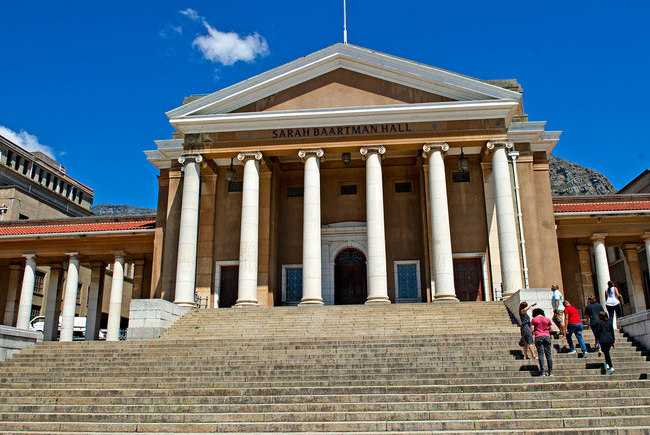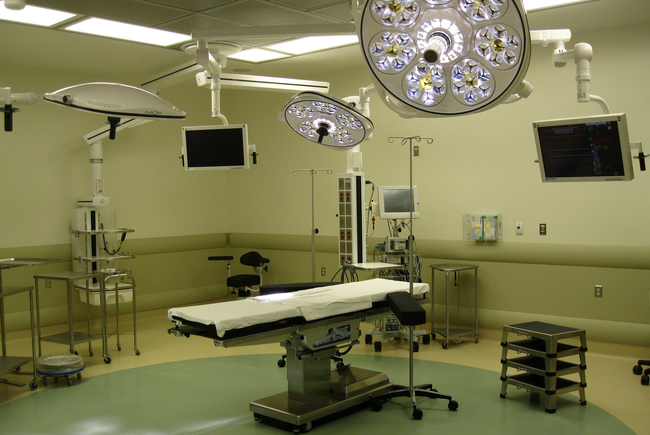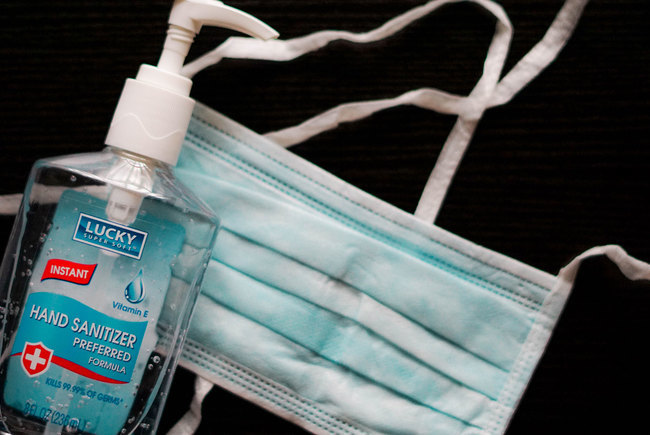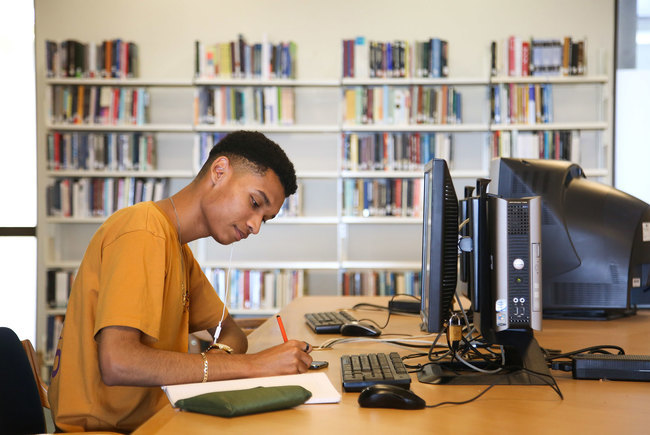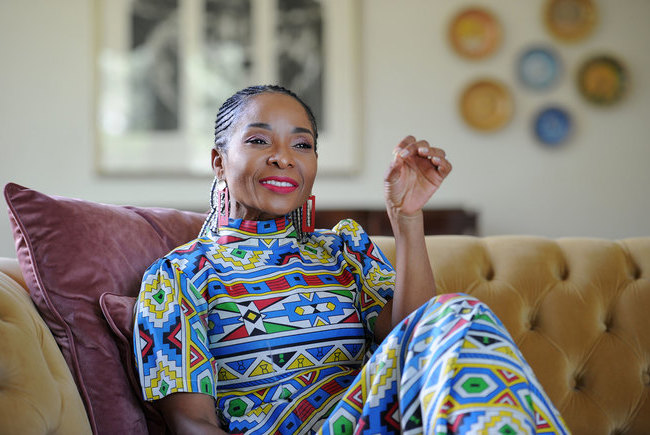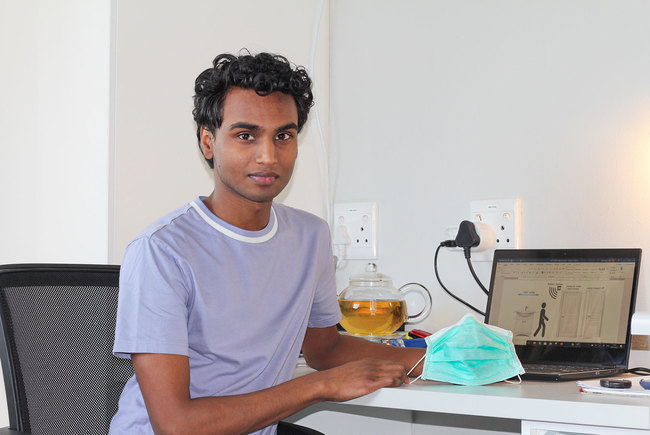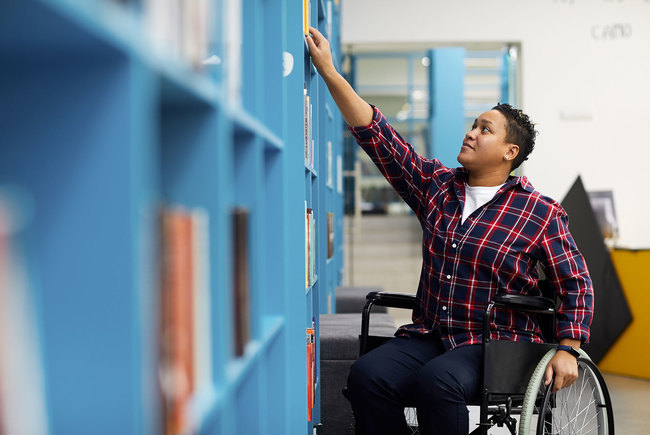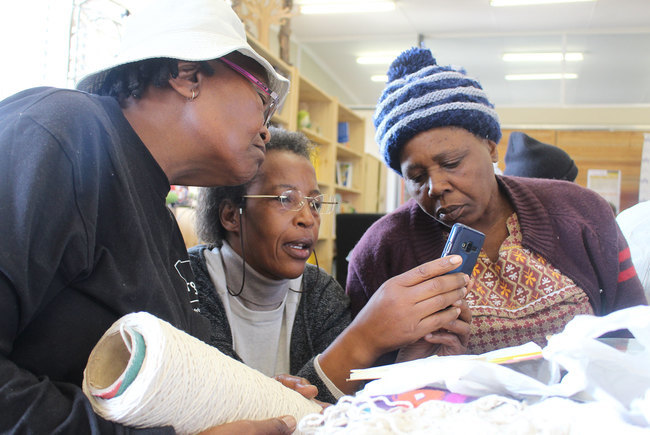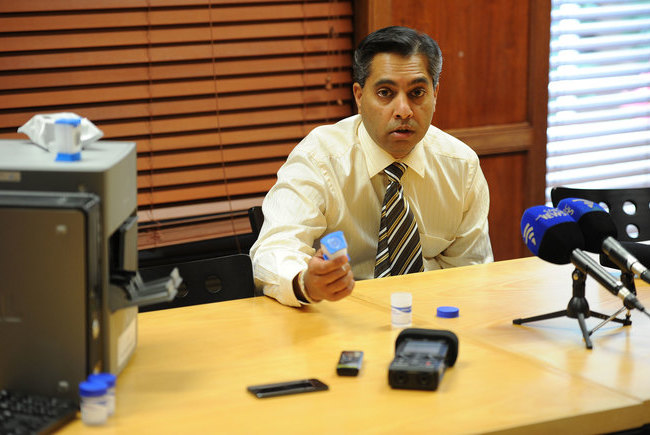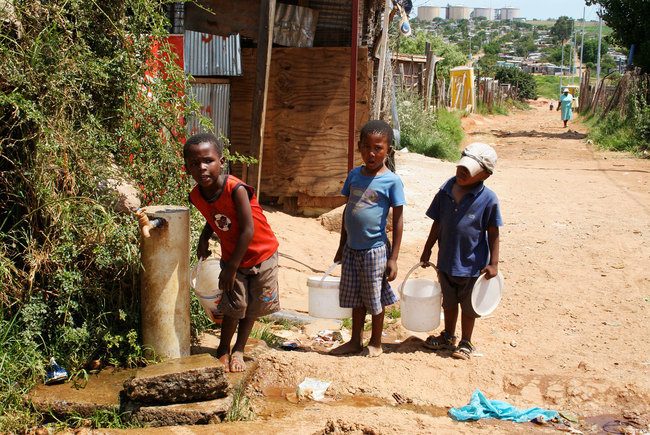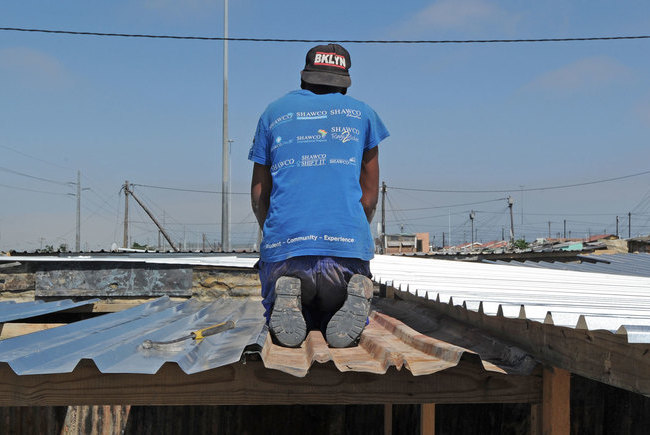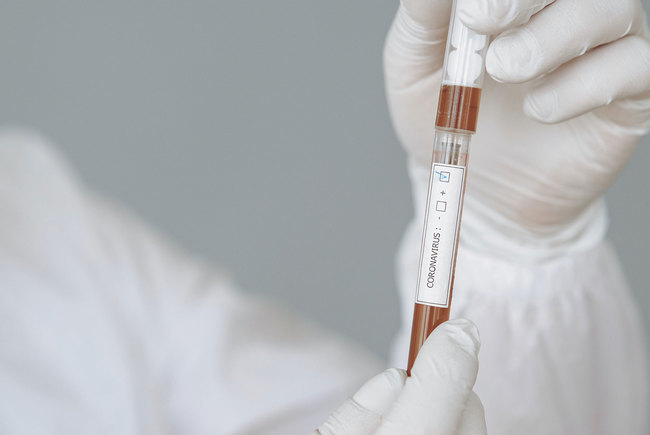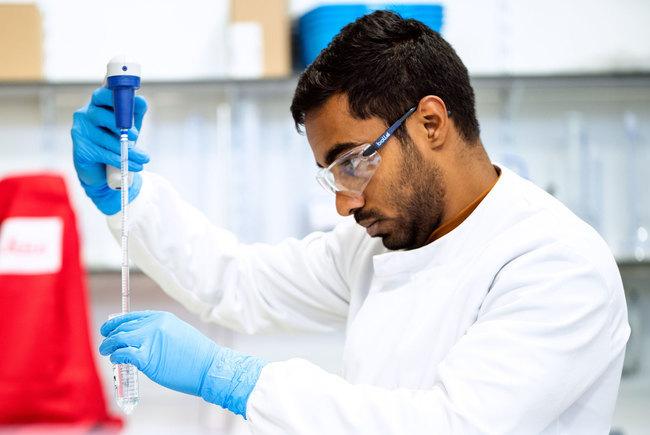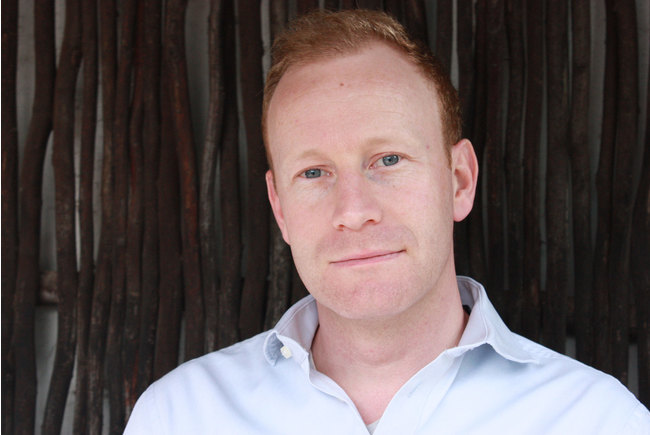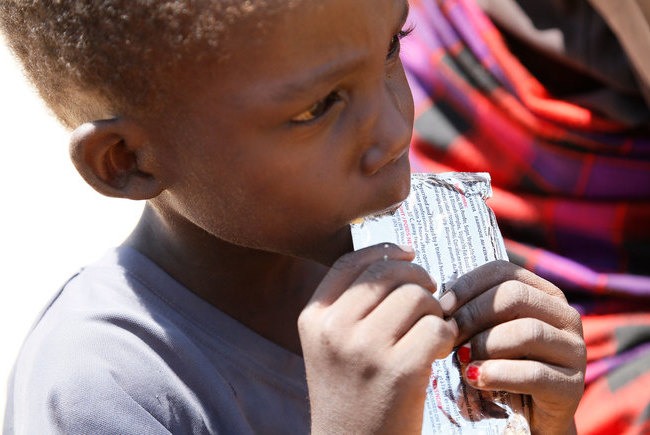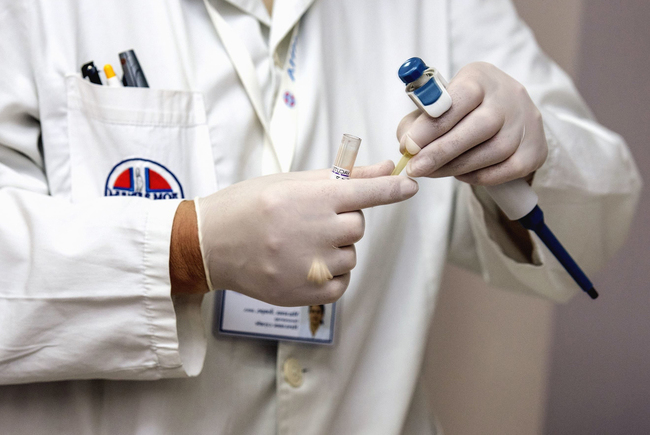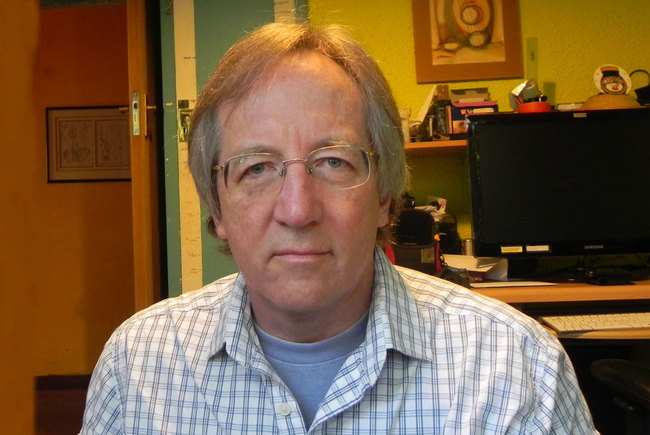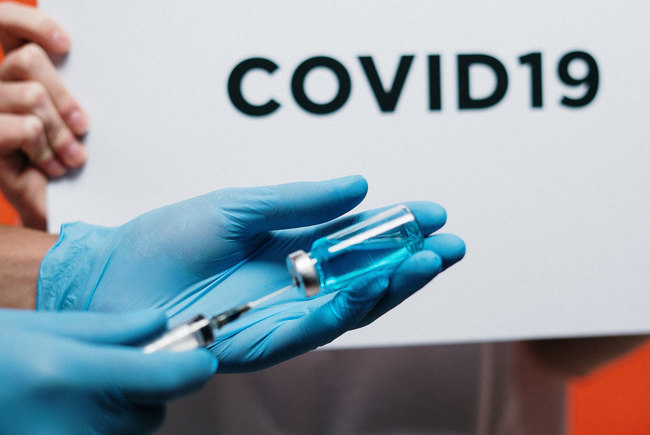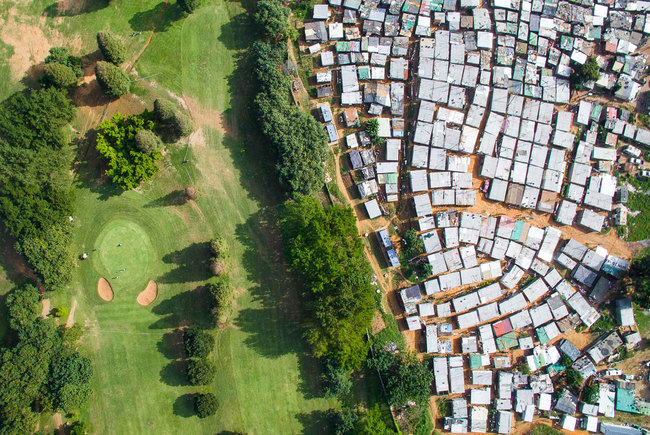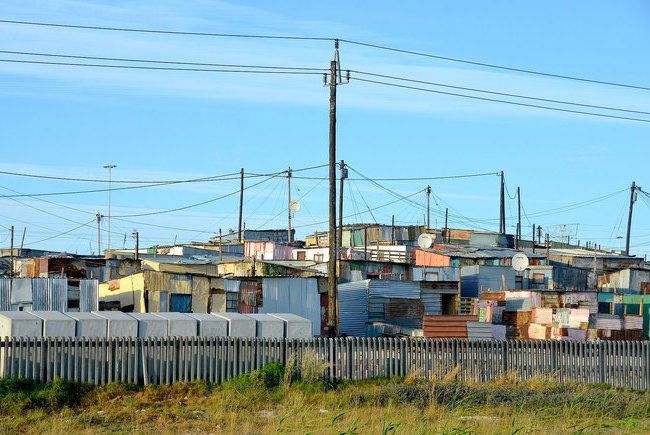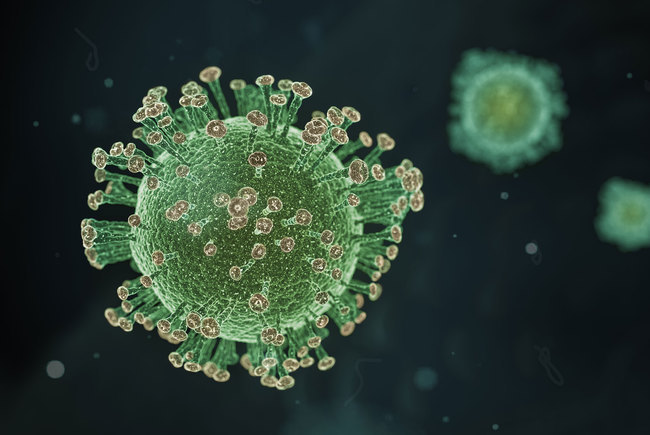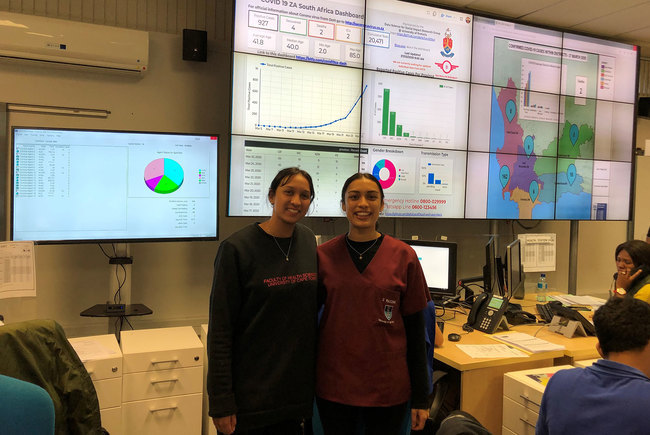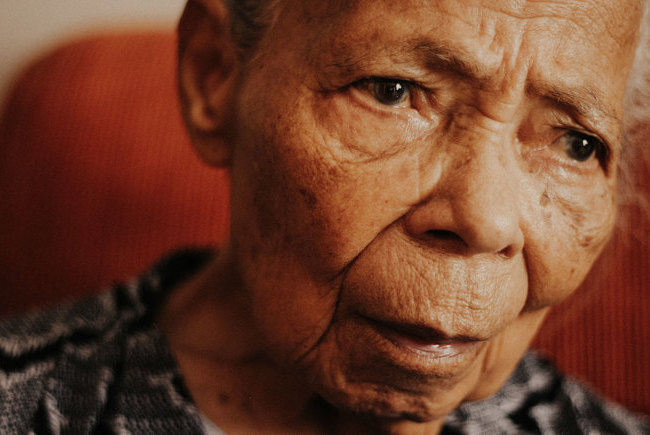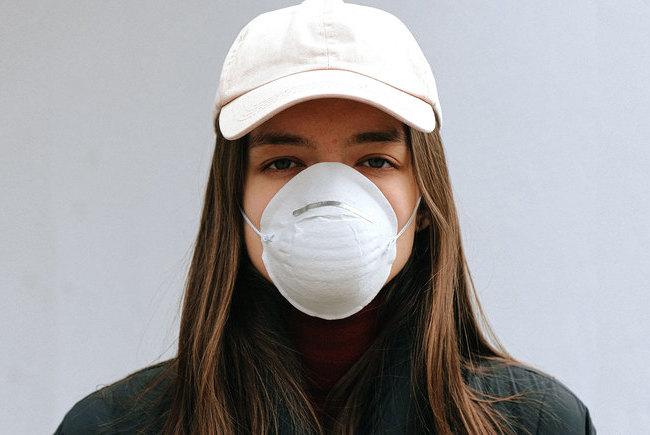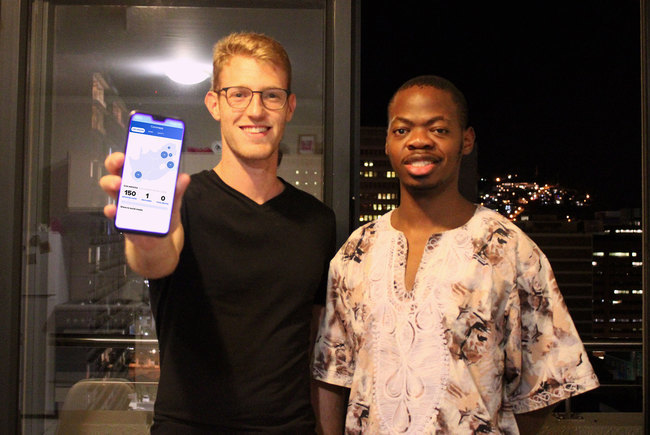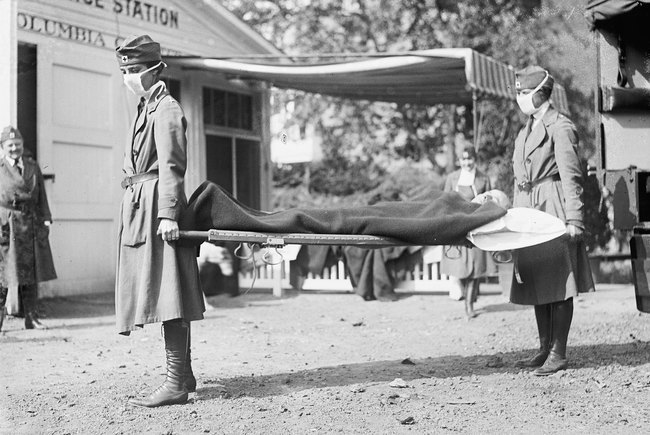Key framework for returning to UCT
06 July 2020 | Dr Reno Morar, COO
Dear students and colleagues
The University of Cape Town (UCT) has developed a COVID-19 return to UCT policy framework to guide faculties and departments on how we will achieve our phased-in return to campus. This framework document does not signal a return to business as usual – in fact, it signals just the opposite. The framework provides a way we at UCT must work in our environment of the Cape Metropolitan “hotspot” area as the COVID-19 pandemic remains a threat around the world. We continue to ask you to work or study in the safety of your home and only return to campus by our invitation. I encourage you to work with us in balancing the health and safety needs of our staff and students, and the need to keep our university activities moving.
The COVID-19 Return to UCT policy framework will help us take individual and collective responsibility for managing the impact of COVID-19 on our working and home life. Reminders will be posted across campus and on social media platforms so that each of us follows the guidelines for physical distancing and safe and hygienic practices. To protect our own health and that of the people around us, we know that because of the way that the virus spreads it remains important that we keep a distance of at least 1.5 metres from people, we wear masks and we avoid crowded places as far as possible. Our guiding principle is the safety of students and staff members, and our families and friends, as we continue with our daily activities at work and in our communities. For this reason, there is a strict limit on the number of people who will be invited to return to campus. Those who have been invited to return will all be required to follow stringent hygiene and physical distancing rules.
The COVID-19 Return to UCT policy framework focuses on putting prevention first. So working remotely is still the preferred approach. UCT’s phased-in return to campus will be based on government and other relevant advisory organisation regulations, directives, guidelines and procedures. We will follow all the relevant regulatory and health system advice, including those published in terms of the Occupational Health and Safety Act.
- Read the COVID-19 Return to UCT policy framework
- Read the related process flows to help us manage our daily personal risks on the return to UCT campuses
This is clearly a team effort to manage the risks we all face. We are in this pandemic together for the foreseeable future. It requires us to better understand how we each intersect and interact with each other in different parts of the university. The Departments of Properties & Services (P&S), and Student Affairs (DSA) will work in collaboration with faculties, departments and units across the university. Every head of department will need to discuss the following with their team members:
- Can staff members and students continue to work remotely? All UCT staff should continue to work from home except if you have been deemed essential services and/or have specific permission to be on campus.
- If it is necessary to return to the office, what challenges will people face in terms of physical distancing, the use of common areas and public facilities, and hygiene practices on frequently touched surfaces (such as lift buttons, door handles, stair railings, etc.)? These challenges will need to be discussed with each head of department or team leader, and possibly with other units such as Occupational Health Services (P&S), Student Wellness Service (DSA), and Organisational Health (Human Resources).
- What changes need to be made to UCT facilities and how we use them across campus? For instance, desk surfaces will need to be sanitised regularly by those using them. Labs and departments will need to assess the particular health challenges they present. Departments and faculties that share a building or floor will need to coordinate how they use shared spaces, such as lifts and common shared areas (kitchens, public facilities, etc.).
- How will we need to change how we behave on campus? Everyone will need to take responsibility for wearing a face mask and other personal protective equipment (PPE), physical distancing, and hand washing and hand sanitizing. Students in residence, for instance, will not be able to share spaces like dining rooms. Staff members will not be able to use community kitchen areas. We will provide training materials to help everybody understand how to use PPE and practice physical distancing and avoid crowded areas.
This framework provides guidelines for our responses when someone does contract the virus while on campus. For example, P&S is already experienced in closing and sanitising facilities that have been used by someone who has tested positive for COVID-19. But the point of the COVID-19 Return to UCT policy framework is to help every team to prepare a specific plan to manage the impact of COVID-19 on our university activities.
The only way this framework can succeed is if each of us shares responsibility for following it. Global experience shows that the best way to contain the COVID-19 pandemic is to follow a coordinated, integrated approach. The pandemic may last well into late 2021, possibly even into 2022. The Cape Metropolitan area has been declared a national hotspot for the pandemic and we are entering the season when peak numbers of infections are expected. It is anticipated that the peak period will last through July and August 2020.
During this period, we must do everything possible to keep our families and colleagues safe as we open our campuses in a phased manner. We need to do what we can to protect people who are especially vulnerable from coming into contact with the virus. I urge each of you to commit to taking that personal and collective responsibility as we adjust our home and work lives through this pandemic.
Sincerely
Dr Reno Morar
Chief Operating Officer
Chair of the COVID-19 Co-ordinating Committee
 This work is licensed under a Creative Commons Attribution-NoDerivatives 4.0 International License.
This work is licensed under a Creative Commons Attribution-NoDerivatives 4.0 International License.
Please view the republishing articles page for more information.
Coronavirus Disease 2019 updates
COVID-19 is a global pandemic that caused President Cyril Ramaphosa to declare a national disaster in South Africa on 15 March 2020 and to implement a national lockdown from 26 March.
UCT is taking the threat of infection in our university community extremely seriously, and this page will be updated regularly with the latest COVID-19 information. Please note that the information on this page is subject to change depending on current lockdown regulations.
Frequently asked questions
Daily updates
Campus communications
2020
Resources
Video messages from the Department of Medicine
Getting credible, evidence-based, accessible information and recommendations relating to COVID-19
The Department of Medicine at the University of Cape Town and Groote Schuur Hospital, are producing educational video material for use on digital platforms and in multiple languages. The information contained in these videos is authenticated and endorsed by the team of experts based in the Department of Medicine. Many of the recommendations are based on current best evidence and are aligned to provincial, national and international guidelines. For more information on UCT’s Department of Medicine, please visit the website.
To watch more videos like these, visit the Department of Medicine’s YouTube channel.
Useful information from UCT
External resources
News and opinions
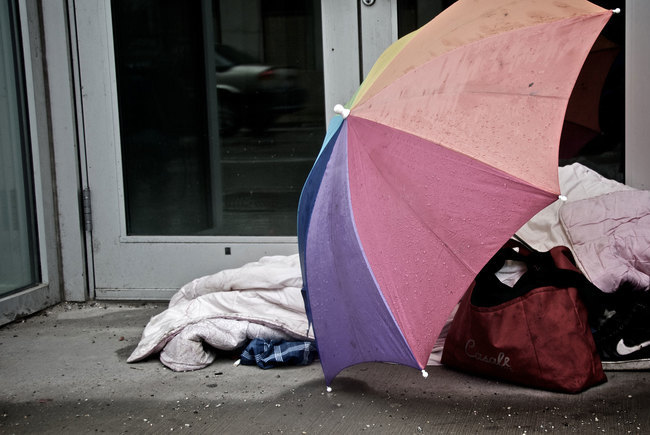
As the COVID-19 crisis drags on and evolves, civil society groups are responding to growing and diversifying needs – just when access to resources is becoming more insecure, writes UCT’s Prof Ralph Hamann.
03 Jul 2020 - 6 min read Republished
The Covid-19 crisis has reinforced the global consequences of fragmented, inadequate and inequitable healthcare systems and the damage caused by hesitant and poorly communicated responses.
24 Jun 2020 - >10 min read Opinion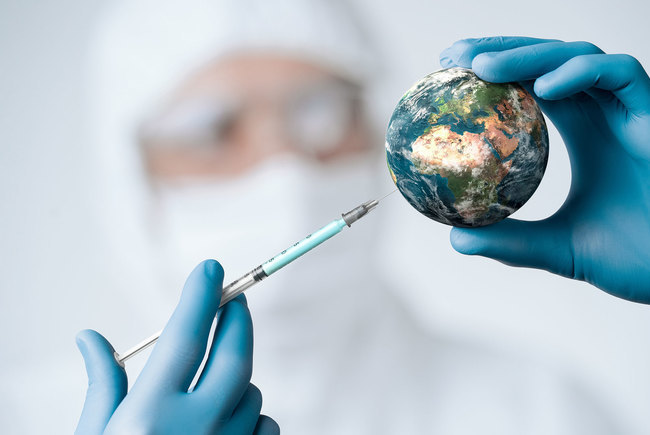
Our scientists must not practise in isolation, but be encouraged to be creative and increase our knowledge of the needs of developing economies, write Professor Mamokgethi Phakeng, vice-chancellor of UCT, and Professor Thokozani Majozi from the University of the Witwatersrand.
09 Jun 2020 - 6 min read Republished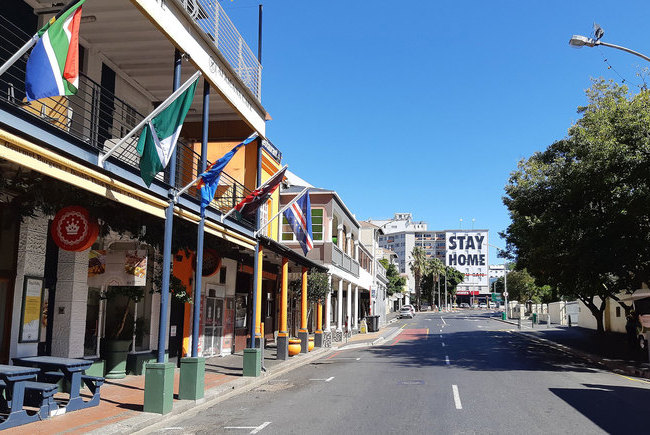
South Africa has been recognised globally for its success in flattening the curve, which came as a result of President Ramaphosa responding quickly to the crisis, writes Prof Alan Hirsch.
28 Apr 2020 - 6 min read RepublishedStatements and media releases
Media releases
Read more
Statements from Government
In an email to the UCT community, Vice-Chancellor Professor Mamokgethi Phakeng said:
“COVID-19, caused by the virus SARS-CoV-2, is a rapidly changing epidemic. [...] Information [...] will be updated as and when new information becomes available.”
We are continuing to monitor the situation and we will be updating the UCT community regularly – as and when there are further updates. If you are concerned or need more information, students can contact the Student Wellness Service on 021 650 5620 or 021 650 1271 (after hours), while staff can contact 021 650 5685.












